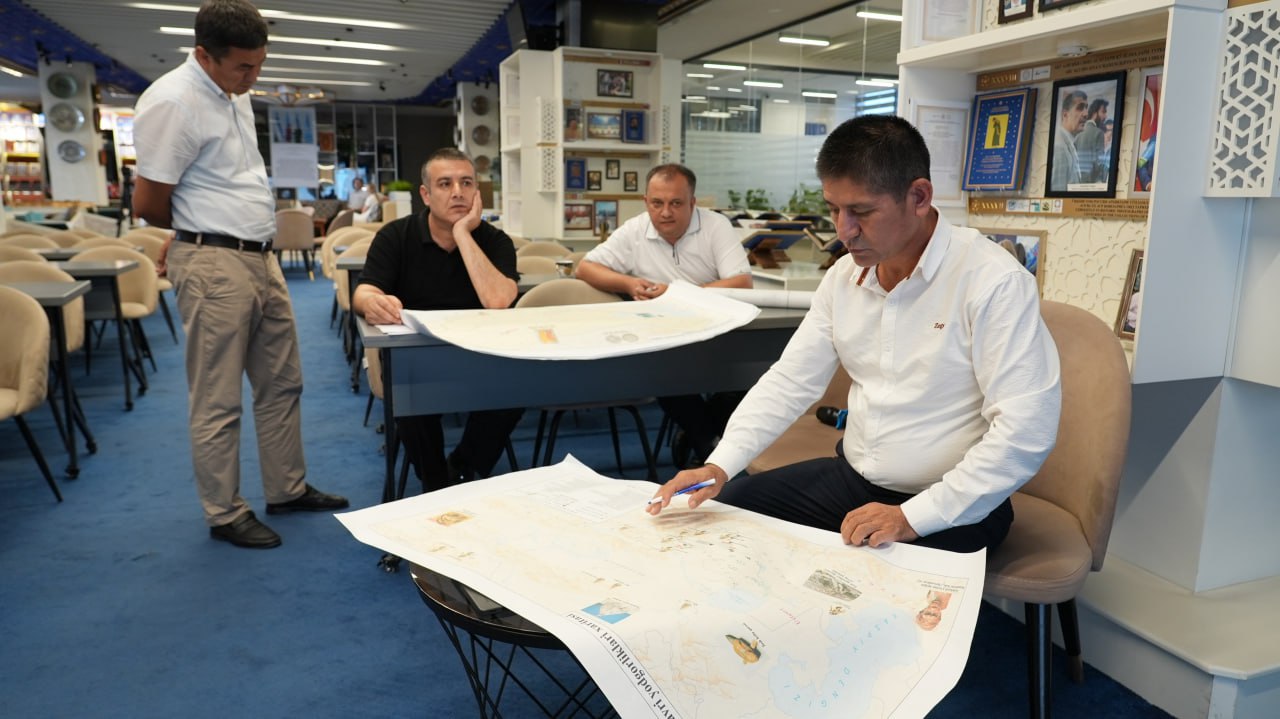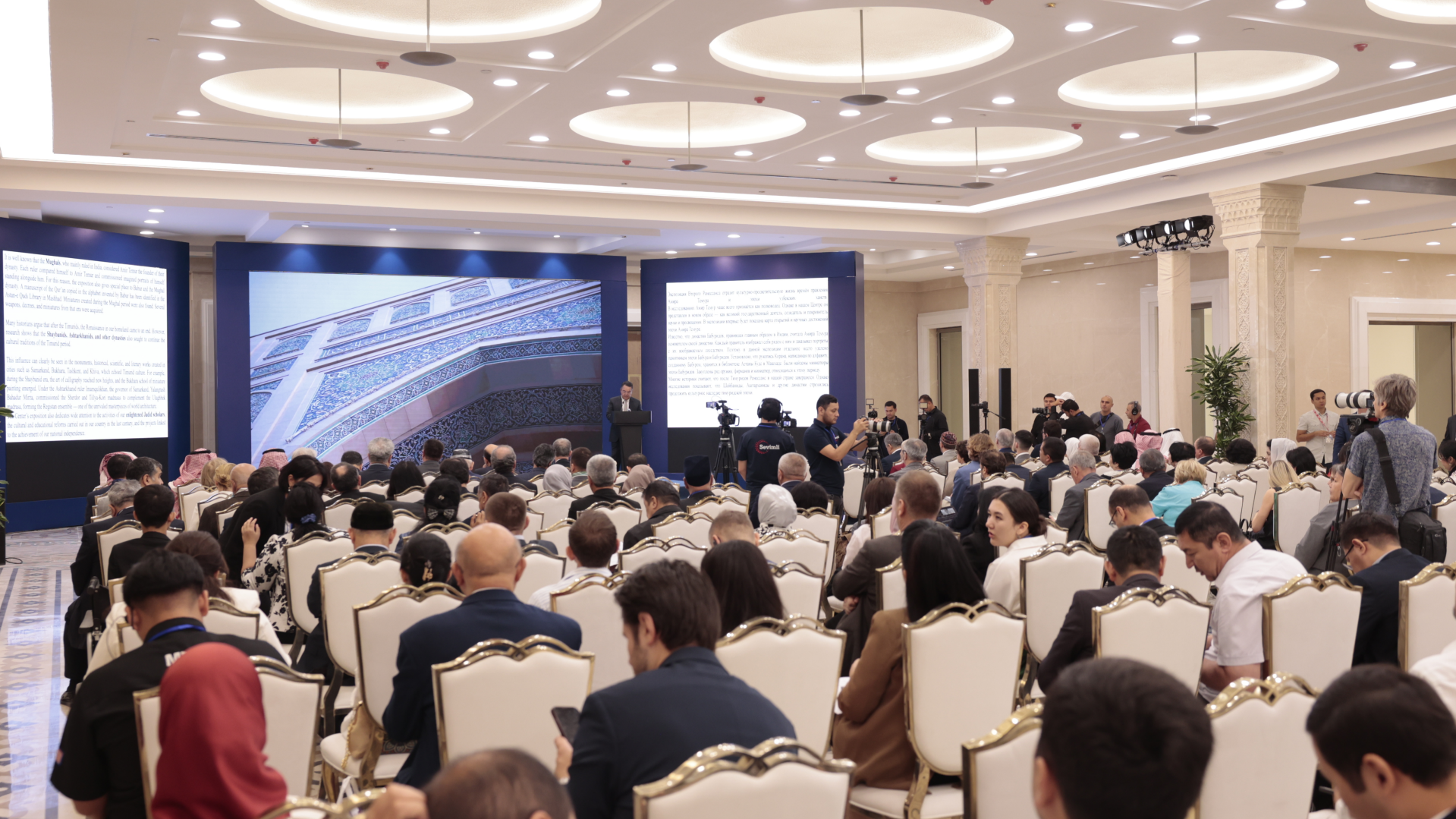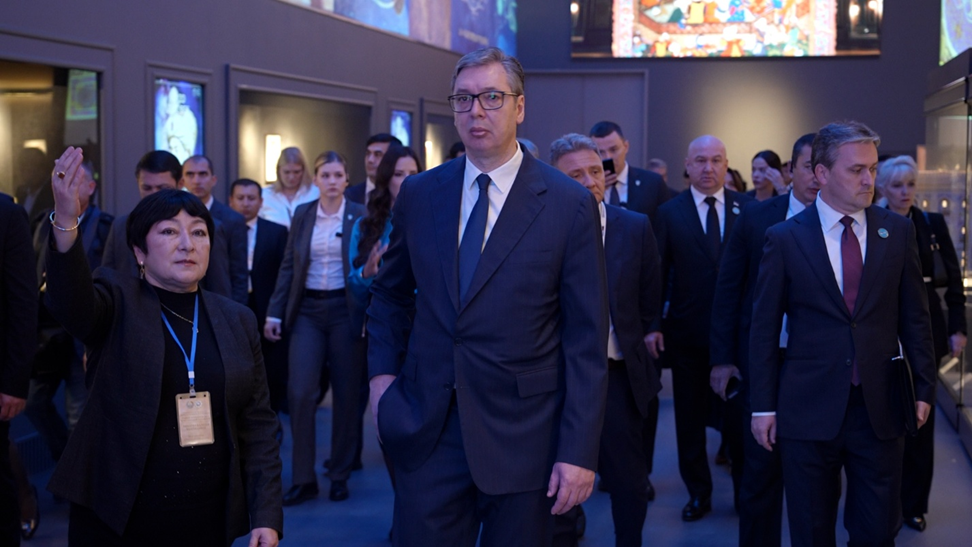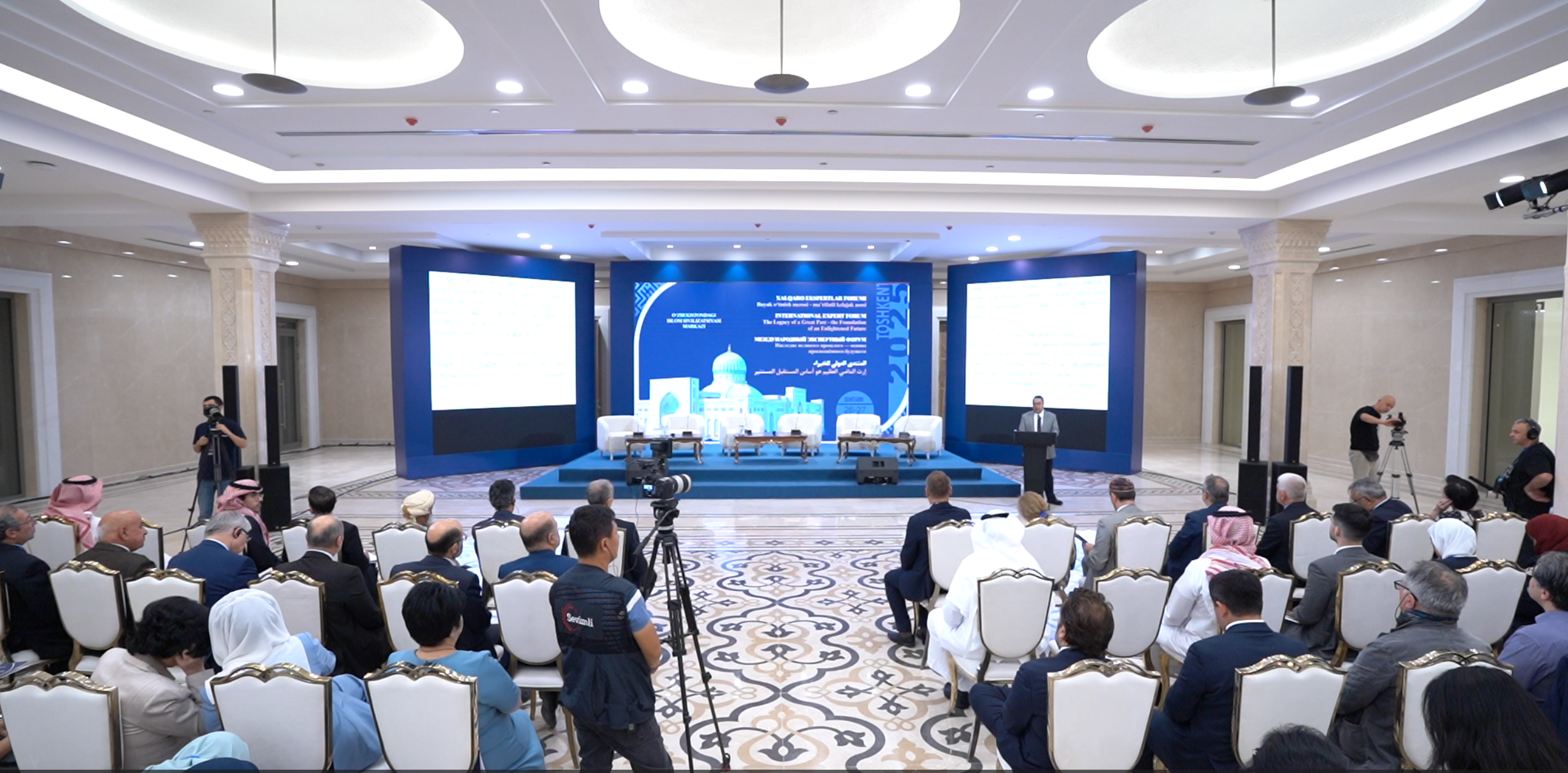For the first time in Uzbekistan, political and cultural maps are being created
🔴 A new stage in Uzbekistan’s historiography
🔴 The history of Turan revived through 39 maps!

A new project of historical significance is being implemented at the Center of Islamic Civilization in Uzbekistan. A comprehensive discussion was held on 39 political and cultural maps being prepared for the museum exhibition of the Center.
These maps cover various historical stages from the Stone Age to the 20th century, developed in terms of dynasties, cultural centers, and monuments.
From ancient to modern times
Through the maps, the political landscape of ancient Turan, the connections between peoples, trade routes, and cultural centers are vividly reflected. Every route and every point links the past with the present, allowing the viewer to feel historical reality in a lively way.
For instance, Paleolithic caves, Bronze Age cultures, and regions such as Bactria, Sogdiana, Khorezm, and Fergana are highlighted on separate maps. Later stages illustrate the eras of the Kushans, the Turkic Khaganate, the Hephthalites, and the Uzbek Khanates.
Scholarly discussions
The creation of these maps was discussed with the participation of leading specialists in history, geography, archaeology, linguistics, and cartography. In particular, the map of the Turkic Khaganate sparked lively debate. Scholars emphasized the need to more comprehensively represent the Khaganate’s territories and proposed that Samarkand’s Afrasiyab wall paintings, ancient coins found in the Chach oasis, as well as Turkic inscriptions in the Altai and Mongolia be accurately depicted on the map.
It was also stressed that the maps should avoid leaving blank spaces, focus attention on the main dynasties and cultural regions, and place monuments close to their discovered locations.
Scientific and spiritual importance
It was noted that this project is the first of its kind in the historiography of Uzbekistan. By integrating political and cultural history, the maps will become an important resource not only for museum visitors but also for scholars conducting research.
Within the framework of the project, the maps will be cataloged and are expected to serve the deeper promotion of historical knowledge both in our country and internationally.
Most read

Over 100 experts from more than 20 countries of the world are in Tashkent!

President of Serbia Aleksandar Vučić visited the Islamic Civilization Center in Uzbekistan

The Center for Islamic Civilization – a global platform leading towards enlightenment











